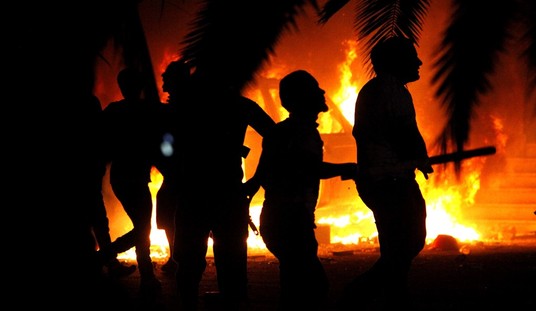A government-sanctioned live music concert was held in Barcelona, Spain on Saturday night. Palau Sant Jordi concert hall was filled with 5,000 people to test whether events held in controlled settings could resume without spreading the coronavirus. Currently, Spain is limiting most gatherings to four people.
The process was simple – concert-goers took a rapid Covid test earlier in the day. There were three venues available in Barcelona for ticket holders to take a quick antigen test on Saturday morning. The result showed up on their phones 10–15 minutes later. Those with negative results received a code on their phones validating their tickets for the 7:00 p.m. show. High-quality masks were required but social distancing was not. People with heart disease, cancer, or those who had been in contact with someone infected with the coronavirus in recent weeks were asked not to sign up.
Spanish health authorities granted special permission for a show by the Spanish rock group Love of Lesbian. While at the concert, fans were allowed to freely mingle. Organizers said it was the biggest commercial event held in Europe since the pandemic began.
The concert was sold out. It sounds like the concert-goers got a good deal. The ticket prices ranged from 23-28 euros ($27-33). The cost of the test and the face mask that was obligatory except when eating or drinking in designated areas were included.
This is not the first such test conducted in Barcelona. In December a much smaller controlled concert event was held. That concert only allowed 500 in attendance. It produced a zero transmission rate.
The lower costs and shorter turnaround time of rapid antigen tests make them much more suitable for onsite screening than PCR tests. The catch is that they’re significantly less reliable. Just how much less accurate they are has been the subject of fierce debate, as is clear from the controversy around the UK’s “Operation Moonshot” mass coronavirus testing program.
To address this uncertainty, the Barcelona concert producer Primavera collaborated with two health-related institutions — Fight AIDS and Infectious Diseases Foundation and the University Hospital Germans Trias i Pujol in Badalona — to produce a concert that doubled as an experiment in event safety. The event used both same-day rapid testing and follow-up PCR testing on a relatively small crowd of participants — and the results were promising. But did they just get lucky, or does the model actually work?
With under 500 concert attendees and multiple other safety measures in place, it may be premature to conclude that rapid testing has been proven a guarantee of Covid safety. Nevertheless, the concert’s zero-rate of transmission gives hope that the event may provide a working model for the near future.
How was the smaller test conducted? Conditions were limited to participants and their close contacts who would be unlikely to face serious complications if the experiment went wrong. A group of 1,047 volunteers was used – half concert-goers and half forming a control group. Everyone had to meet the criteria. All were between the ages of 18 and 59 years of age. Consent forms were used to verify the information was correct. None had comorbidities, lived with elderly people, or had been diagnosed with Covid during the last 14 days prior to that concert. None reported being infected in the days that followed the concert.
So, the concert Saturday night was a larger version of testing the possibility of a super spreader event.
The concert was backed by local authorities and by experts of Barcelona’s The Fight AIDS and Infectious Diseases Foundation, which also organized a case study around a smaller concert of 500 people in December. They said that the results of that preliminary case study showed that pre-screening with antigen tests and the use of face masks succeeded in preventing infections inside the concert despite there being no social distancing rules.
“This is another small step toward being able to hold concerts and cultural events” during the pandemic, said Dr. Boris Revollo, the virologist involved in the design of the health protocols.
In addition to being 10 times larger than the concert in December, this time there was no control group maintained outside the concert hall.
Instead, concertgoers agreed public health authorities can inform Revollo’s team if they come down with the coronavirus in the weeks after the concert. With that information, Revollo’s team will do an analysis of infection rates among the 5,000 concertgoers compared with that of the general population to see if there are any discrepancies that could point to contagion at the concert.
Live events were among the first casualties of the coronavirus pandemic’s lockdown mandates. A year later, coronavirus pandemic fatigue lives among most of us. Even the band in Barcelona was emotional about being able to perform again.
The musicians were also swept up in the moment.
“It’s been a year and half since we last set foot on a scenario as a band,” singer Santi Balmes told the crowd. “This is so. … some of the musicians are crying over here.”
Let’s hope this experiment goes as well as the smaller one did in December. Many European countries are having a rough time right now with new spikes in cases and a shortage of vaccines or difficulties in distributing the vaccines. This would be a welcome shot in the arm for hopes of a more normal way of life on the horizon, at least in Spain.








Join the conversation as a VIP Member